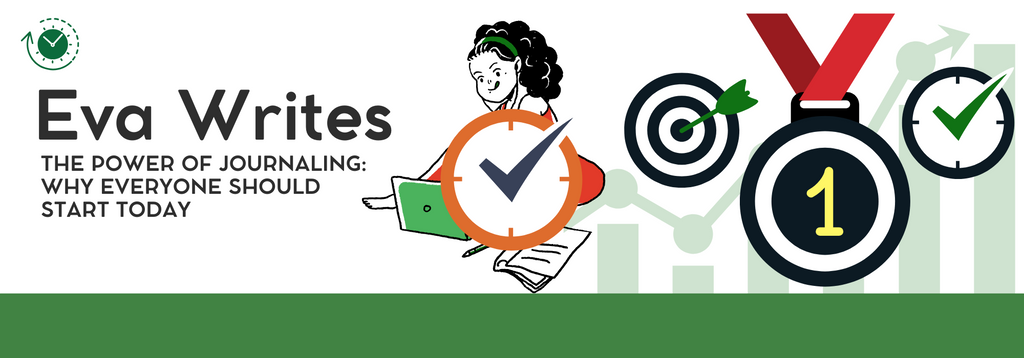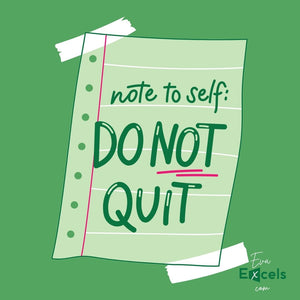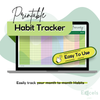The Power of Journaling: Why Everyone Should Start Today

Journaling is a transformative habit that can unlock new levels of self-awareness, mental clarity, and personal growth. For centuries, individuals have documented their thoughts and experiences, finding comfort, focus, and inspiration through the act of writing. In a world filled with distractions, journaling offers a way to process emotions, plan for the future, and reflect on achievements. This blog explores why journaling is a must for everyone, tips to start, and how to make it an effective practice.
1. The Benefits of Journaling
1.1 Mental Clarity and Emotional Health
Writing down your thoughts helps declutter your mind and provides emotional relief. It’s a form of self-therapy, allowing you to process feelings and gain perspective on your challenges.
1.2 Improved Focus and Productivity
Journaling acts as a mental reset. By organizing your tasks, priorities, and ideas on paper, you’ll find it easier to stay on track and achieve goals.
1.3 Enhances Creativity
When you let your thoughts flow freely, you open up space for creative ideas to emerge. Many writers, artists, and thinkers swear by journaling as a source of inspiration.
1.4 Tracks Progress
Reflecting on past entries allows you to recognize personal growth, achievements, and patterns. Journaling provides a tangible record of how far you’ve come.
2. How to Get Started with Journaling
2.1 Choose Your Tools
Decide between a physical notebook or a digital option. Select something that feels comfortable and accessible to you.
2.2 Establish a Routine
Consistency is key. Dedicate a specific time each day to journal—morning to set intentions or evening to reflect on your day.
2.3 Use Prompts
If you feel stuck, prompts can help spark ideas. Questions like “What am I grateful for today?” or “What challenges did I face and how did I overcome them?” are great starting points.
2.4 Focus on Progress, Not Perfection
Journaling is a personal practice; there’s no right or wrong way to do it. Embrace the process without worrying about grammar, structure, or length.
3. Types of Journaling
3.1 Gratitude Journaling
Documenting what you’re thankful for can shift your mindset toward positivity and abundance.
3.2 Goal-Oriented Journaling
Set clear intentions and outline actionable steps to achieve your goals. Review your progress periodically.
3.3 Reflective Journaling
Focus on self-reflection by analyzing your thoughts, experiences, and emotions. Use this as an opportunity to learn from challenges.
3.4 Dream Journaling
Capture your dreams to explore subconscious thoughts and emotions, or simply to fuel creativity.
4. Journaling for Long-Term Impact
4.1 Builds Discipline
The daily habit of journaling strengthens your self-discipline and encourages consistent self-improvement.
4.2 Develops Emotional Intelligence
By exploring your emotions regularly, you’ll cultivate deeper self-awareness and empathy for others.
4.3 Encourages Mindfulness
Journaling brings your focus to the present moment, helping you feel grounded and intentional in your actions.
4.4 Creates a Legacy
Over time, your journal becomes a cherished keepsake, preserving memories, lessons, and personal evolution.
5. Tips to Maintain the Habit
• Start Small: Commit to just five minutes a day.
• Make It Accessible: Keep your journal somewhere visible to encourage regular use.
• Pair It with Other Habits: Combine journaling with a morning coffee or bedtime routine.
• Reward Yourself: Celebrate your commitment by treating yourself after a week or month of consistent journaling.
Conclusion
Journaling is a powerful tool for self-discovery, clarity, and growth. By carving out a few moments each day to write, you create space for reflection, inspiration, and progress. Whether you’re seeking emotional healing, personal growth, or a creative outlet, journaling can transform your life in countless ways. Don’t wait—grab a pen and start your journey today.
-
Posted in
#Focus, #Growth, #Habits, #Motivation, #Success







